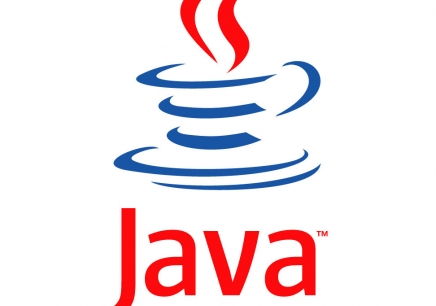1. 程序计数器当前线程所执行的字节码的行号指示器。2. java虚拟机栈线程私有,与线程具有相同生命周期。用于存储局部变量表、操作数栈、动态链表、方法出口等信息。局部变量表存放内容:基本数据类型(boolean、byte、char、short、int、float、long、double)对象引用(区别于符号引用,符号引用存放在常量池)returnaddress类型(指向一条字节码指令的地址)64位长度的long和double类型数据占用2个局部变量空间(slot),其余占用1个slot。两种异常:stackoverflowerror:线程请求的栈深度>虚拟机允许的深度outofmemoryerror: 动态扩展时无法申请到足够内存3. 本地方法栈(native method stack)与虚拟机栈类似,区别是native method stack服务于native方法,而虚拟机栈服
1. 关于数据区域的详细介绍
简介:1. 程序计数器当前线程所执行的字节码的行号指示器。2. Java虚拟机栈线程私有,与线程具有相同生命周期。用于存储局部变量表、操作数栈、动态链表、方法出口等信息。局部变量表存放内容:基本数据类型(boolean、byte、char、short、int、float、long、double)对象引用(区别于符号引用,符号引用存放在常量池)returnAddress类型(指向一条字节码指令的地址)64...

简介:程序计数器 当前线程所执行的字节码的行号指示器。 2. Java虚拟机栈 线程私有,与线程具有相同生命周期。用于存储局部变量表、操作数栈、动态链表、方法出口等信息。

简介:以下实例演示了如何通过继承 Thread 类并使用 getName() 方法来获取当前线程名称:
4. atitit.springhibernate的事务机制spring不能保存对象的解决
简介:在Spring中使用Hibernate,如果我们配置了TransactionManager,那么我们就不应该调用SessionFactory的openSession()来获得Sessioin,因为这样获得的Session并没有被事务管理。 采用getCurrentSession()创建的session会绑定到当前线程中,而采用openSession()
5. 7.24 LOCK TABLES/UNLOCK TABLES句法 MySQL不支持事务环境 我靠!
简介:LOCK TABLES tbl_name [AS alias] {READ | [LOW_PRIORITY] WRITE} [, tbl_name {READ | [LOW_PRIORITY] WRITE} ...]...UNLOCK TABLES LOCK TABLES 为当前线程锁定表。 UNLOCK TABLES 释放被当前线程持有的任何锁。当线程发出另外一个 LOCK TABLES 时,或当服
【相关问答推荐】:
并发 - Java:Thread的holdsLock()这个方法该怎么用呢?
java - Why my @Async not working ?
以上就是有关mysql 返回当前线程的文章推荐的详细内容,更多请关注php中文网其它相关文章!

每个人都需要一台速度更快、更稳定的 PC。随着时间的推移,垃圾文件、旧注册表数据和不必要的后台进程会占用资源并降低性能。幸运的是,许多工具可以让 Windows 保持平稳运行。

Copyright 2014-2025 https://www.php.cn/ All Rights Reserved | php.cn | 湘ICP备2023035733号